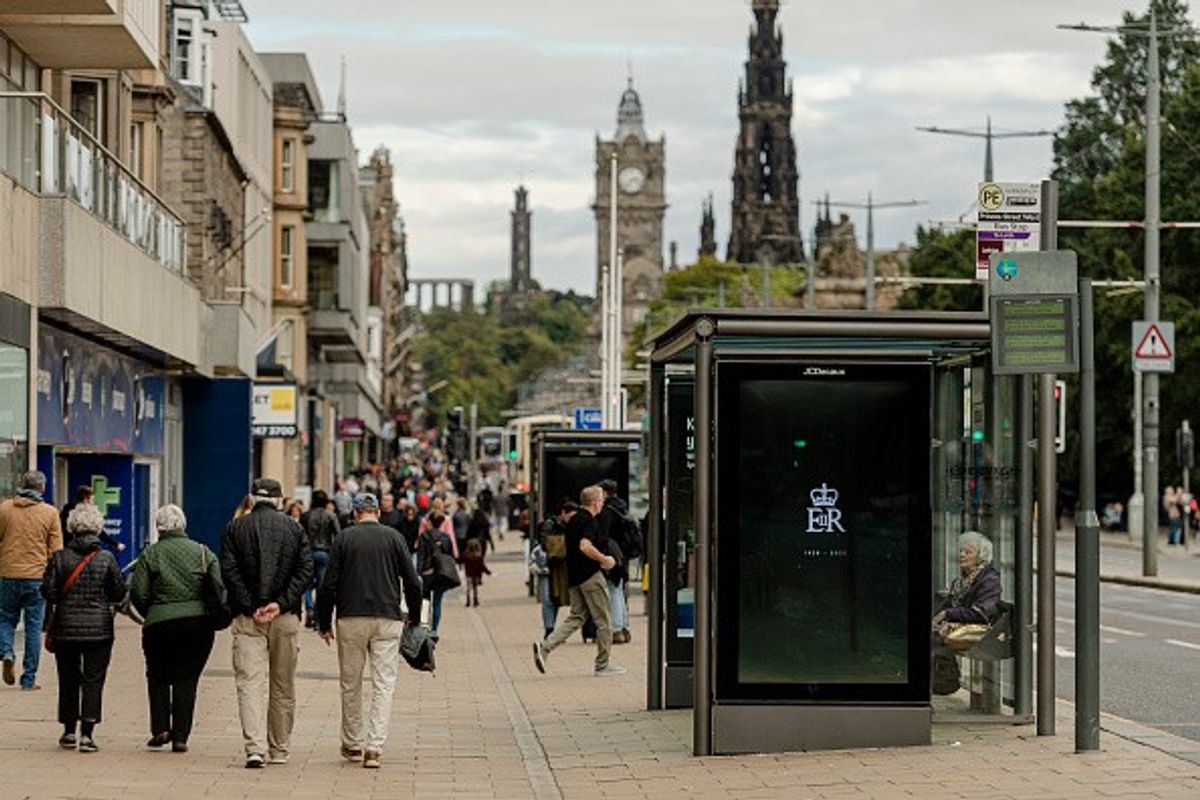The dominance of retail on high streets is something of the past. Whilst shopping will still be a key feature, there is greater demand and opportunity for restaurants and leisure activities, as well as for more public services, such as health centres and libraries, in town centres, points out a recent report by House of Lords.
The Built Environment Committee's report, "High Streets: Life beyond retail?", published today (28), sets out how high streets can be regenerated and become more resilient, emphasising that retail will remain vital but must be part of a broader mix including leisure, services and community spaces.
The committee found that local authorities often lack adequate resources and skills to support high streets, recommending investment in training town centre managers and highlighting the need for greater coordination between Government departments.
The report states that what communities want and what can be sustained on the high street is constantly evolving, so a fixed vision and monolithic approach to their future should be avoided. Local authorities, communities and businesses need to work together to shape high streets that are reflective of local conditions, adaptable, and resilient.
High streets will only thrive if people can get to them easily and safely. Access by car and sufficient parking are necessary for commercial sustainability, though their adverse consequences can be mitigated by better public transport connectivity, particularly through improved bus networks, states the report.
As retail occupancy declines and leaves behind vacant units, cafés and restaurants have taken their place. There has also been a rise in the number of charity shops, which benefit from substantial business rates relief and often have lower staff costs, making them more able to afford high street rents. Public authorities are also tentatively moving public-facing services (such as surgeries and libraries) on to high streets. This can both improve access to those civic functions and increase footfall to sustain local businesses, states the report.
Leading trade association British Independent Retailers Association (Bira) has welcomed a major new report from the House of Lords that calls for empowered local leadership and simplified funding to help revive Britain's high streets.
"People, particularly young people, value having space to socialise and spend time without spending money on the high street. They also value green spaces on or near the high street. More green space and an improved public realm should be a key consideration in proposed regeneration programmes.
"Local authorities and the Government create the structures for high street renewal. The planning system, taxation and funding can all impact the success or failure of projects to revive local places. But, the previous Government's plans to revive high streets were not well co-ordinated.
"The new Government's local growth funding reforms must ensure that high streets are enabled to flourish in the long term, and that those responsible for their future have enough expertise to deliver improvements. The Government should recognise that local authority bidding for central funding has become expensive and wasteful and should consider replacing that approach with a transparent system of funding distribution that commands greater confidence," states the report.
Commenting on the report, Andrew Goodacre, CEO of Bira, which represents 6,000 independent retailers across the UK, said, "This report has identified some of the key elements to a successful high street, whilst recognising that each place needs to find its identity and solution to create a vibrant high street.
"For some time Bira has been saying that retail is no longer the dominant feature of high streets, with consumers looking for more services and leisure opportunities. We also agree with the conclusion that high streets need diversity and adaptability, - characteristics often delivered by independent retailers and independent business in general.
"It is also good to see recognition of the need for good accessibility by investing in infrastructure where possible and highlighting the importance of good car parking.
"Finally, we absolutely support the idea of local business leaders and local communities being involved with future plans to regenerate a place. Funding can also then be devolved to a local level, supporting coherent plans. Independent retailer care about their high street and the their communities, and all too often their voice can be ignored," he added.
The report urges the Government to provide local authorities with more targeted support and calls for a radical simplification of the current funding landscape, which it describes as "patchy and uncoordinated."
It also emphasises the importance of providing resource funding alongside capital investment to ensure sustainable regeneration.


